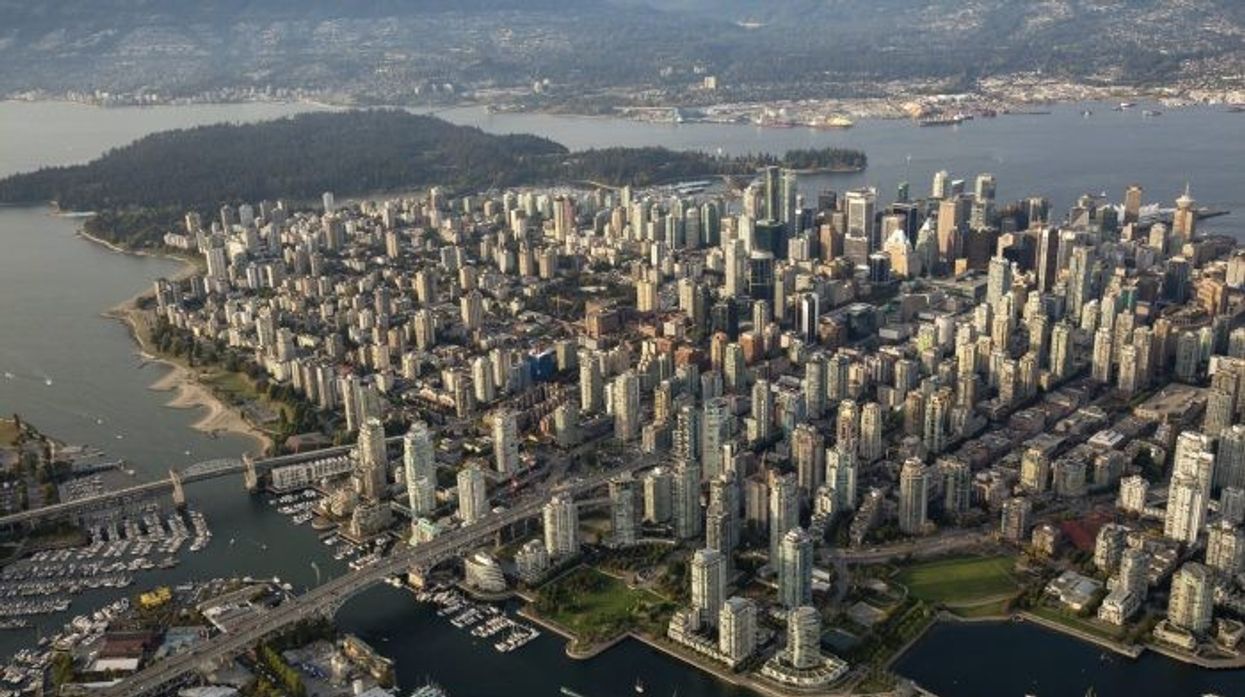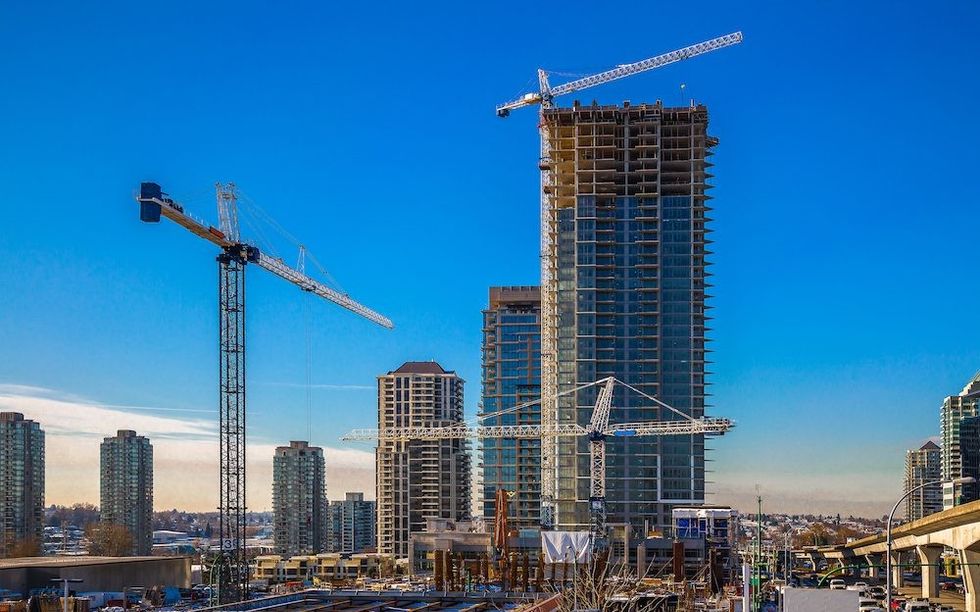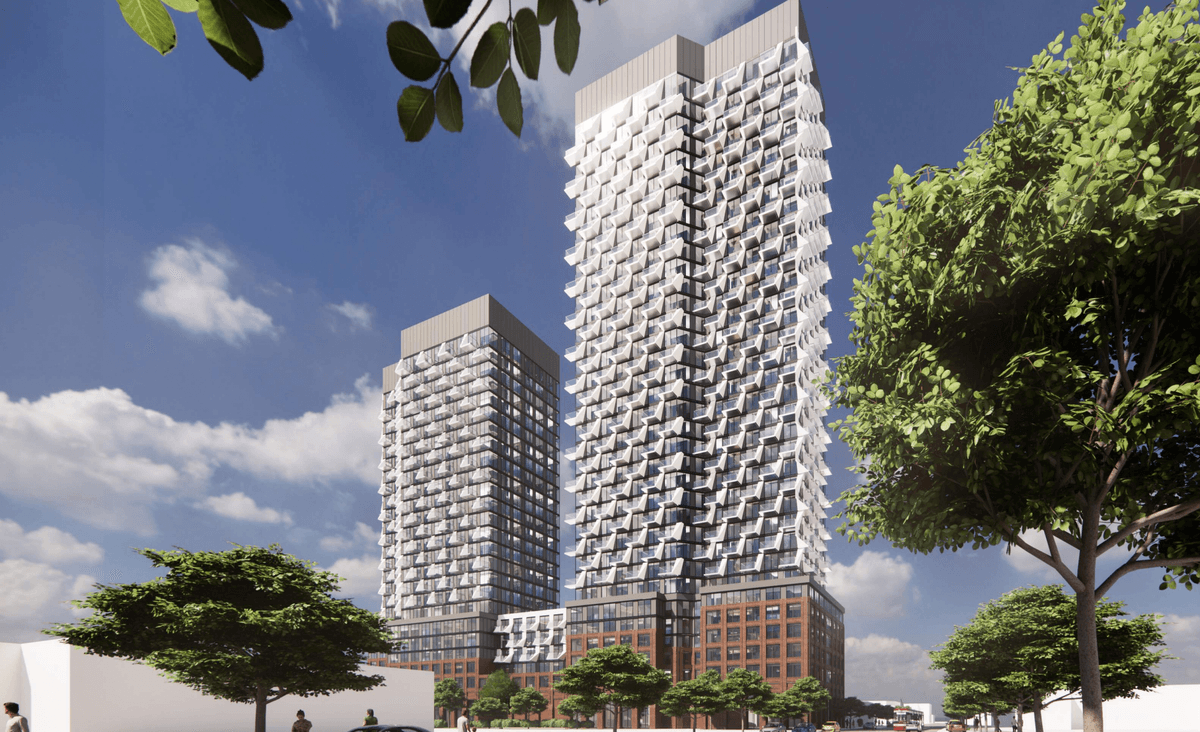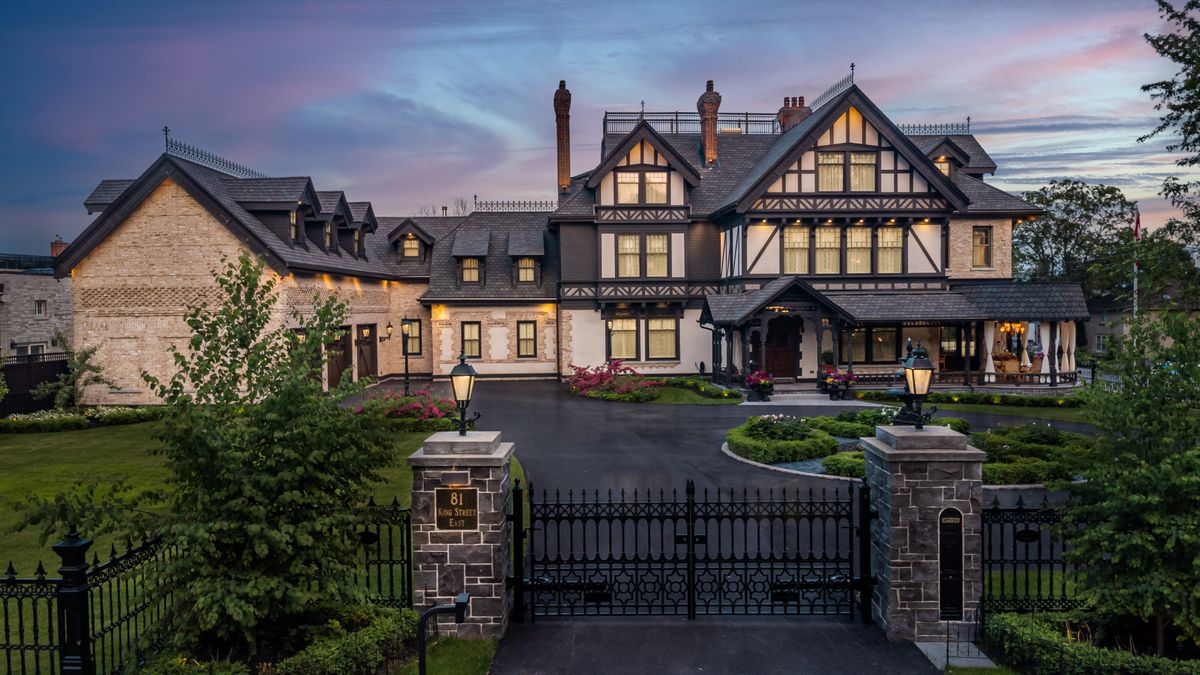The real estate world in BC and Canada at large has been very focused on supply chain issues and rising interest rates this year, but new real estate market investment statistics show that those factors did not noticeably affect the market in terms of transactions.
According to a new report published by Avison Young, BC saw approximately $8.29B worth of commercial real estate investment in the first half of 2022, across a "near-record" amount of 458 transactions. Those transaction types include investments in the following markets: office, retail, industrial, land, and multi-family.
The Office Market
Real estate investment in BC office spaces was quieter in the first half of 2022 compared to the same period last year. Between January 1 and June 30, BC recorded a total of 20 transactions totaling a value of $475M, compared to 31 transactions for $771M in the first half of 2021, which is about a 33% decrease in the amount of transactions. As a percentage of all sales, investment in office space also decreased, representing 12.7% of total sales in the first half of 2021, but just 6% in 2022.
This waning can be primarily attributed to a lack of supply, Avison Young says. Downtown Vancouver is the traditional hotspot, but Avison Young notes that nearly a third of office transactions in the first half of this year occurred outside of Metro Vancouver, in places like Victoria, Nanaimo, Port Alberni, Kelowna, and Kamloops. The biggest such sale was a $10.1M deal for the Yates Centre in Victoria, which was acquired by an institutional buyer in January.
Within Downtown Vancouver, however, the largest office sale was that of the 16-storey, 147,088-sq.-ft building on 1185 West Georgia Street for $135M. A different Avison Young report that focused on the office market alone in the first half of 2022 found that Downtown Vancouver is adding high-end supply faster than absorption can keep up with, resulting in a high vacancy of class AAA office space. Absorption was starting to catch up in the first half of the year, but more office buildings are set to add to Downtown Vancouver's supply before the end of the year, such as The Stack, but have yet to reach full occupancy.
READ: The Stack, Vancouver’s Tallest Office Building, Now Delayed to Q4
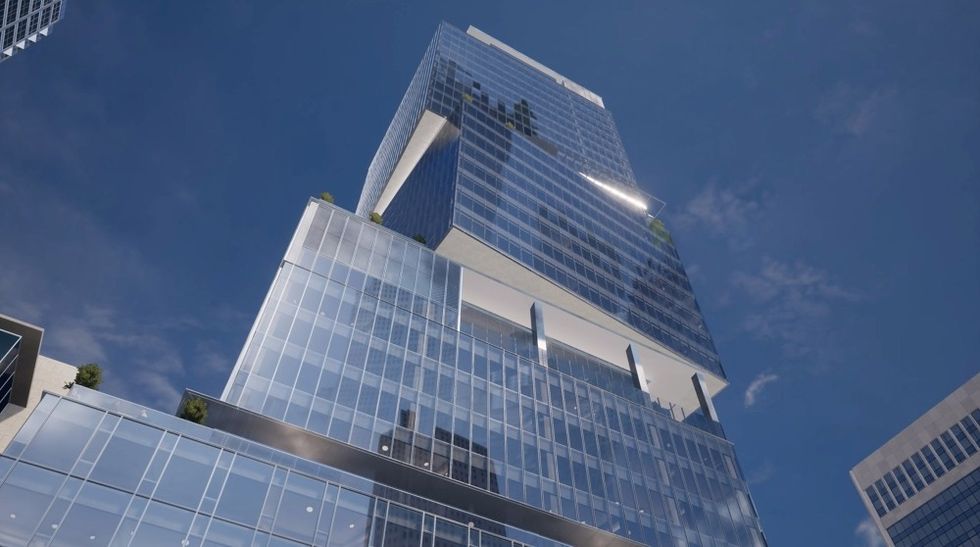
The Retail Market
Investment in the retail market waS "exceptionally strong" in the first half of the year, Avison Young says. The first half of 2022 saw $892M of investment in the retail space, not much more than the $885M in the first half of 2021, but there was a large increase in the volume of transactions, with 2021 registering 41 deals and 2022 registering 59 at mid-year.
Avison Young says that although the pandemic changed how people shop, with fears that it would destroy brick-and-mortar retail, investment statistics such as that increase in transactions are showing that those fears have turned into confidence. The Province of BC announced in late August that it had a surprising budgetary surplus of $1.3B, with a re-opened economy also cited as a significant reason.
READ: BC Gov Finds $1.3B Budget Surplus, After Expecting $10B Deficit
Similar to the office market, however, a significant amount of that activity in the first half of the year occurred in secondary markets, primarily due to there generally being more land available the farther away from Downtown Vancouver you get.
To that tune, Vancouver still saw the highest amount of transactions, with close to 15 of the 59 deals, but the highest-value transaction was a $30.8M transaction for the Wing Sang Building in Chinatown, which is set to be turned into Canada’s first major Chinese-Canadian museum.
Meanwhile, outside of Vancouver, multiple deals involved significantly more money. Those include the sale of New Westminster's Columbia Square for $136M, Valley Fair Mall in Maple Ridge for $76M, Trenant Park Square in Delta for $70M, and Logan Creek Plaza in Langley for $57.3M.
The Industrial Market & Land Market
Both industrial and land markets were hot in the first half of the year, according to statistics. The BC industrial market saw 79 deals for a total value of $1.26B, up slightly from the 73 deals and $1.1B at the same point in 2021. Last year saw an unprecedented 154 deals for $2.3B for the entire year, which means we are currently on pace to surpass that.
"Demand for development lands as well as for complete buildings for industrial remains strong as product continues to improve and increase in quality and efficiency," says Avison Young. "However, demand for strata units is not quite as strong, making up a much smaller portion of the market."
For land, which is primarily valued-based on redevelopment potential, BC registered 61 ICI (Industrial, Commercial, Investment) deals for a total of $1.36B in the first half of 2022, while the residential sphere registered 182 deals for a total of $2.88B.
Noteworthy is that unlike the office and retail space, transactions for land occurred primarily within Metro Vancouver. In 2021, Avison Young estimates that 51% of ICI land deals occurred in Metro Vancouver, but so far this year that number has increased to 83%. That was the case for residential land deals as well -- despite increasing interest outside the region -- with only 8% of sales occurring outside Metro Vancouver.
The top ICI land transaction in the first half of the year was a $158M deal for 1868 and 1951 Glen Drive in Vancouver, while the top two residential land transactions both occurred in Burnaby, for land near Brentwood Mall. The first was a $215M deal in March for 8.34 acres of land and the second was a $112M deal in May for 2.58 acres of land.
The Multi-Family Market
In 2021, BC saw a total of 141 transactions valued at $3.2B for the entire year. In the first half of 2022, BC registered 57 sales totally $1.4B, which was still strong compared to five-year and 10-year averages, but nonetheless hints at a cool down, especially considering nearly a third of the $1.4B for the first half of 2022 came from a single deal. That transaction was the portfolio acquisitions made by Starlight Investments for 12 properties across the province, for a total of $493.8M.
As one may expect, this softening can largely be attributed to rising interest rates, which started 2022 at 0.25% and has since been raised to 3.25%. That increase is likely going to continue, compounds with existing problems the industry is facing -- such as labour shortages and construction costs -- and could result in projects being delayed, plugging up the region's housing supply while demand remains consistent, as some in the industry previously told STOREYS.
READ: “Bad Dream to a Nightmare”: Developers React to Rate Hikes With Gloomy Outlook
"Due to uncertainty around increased interest rates as well as rising construction costs, it is expected that projects will continue to be stalled and that the cooler demand for multi-family will persist through the remainder of 2022", Avison Young notes in their report. "However, demand for multifamily dwellings from consumers remains high -- vacancy rates are low and international students are returning due to re-opened borders. While developers may be stalling projects, there is still a need for more multi-family product on the market. This will likely cause a rebound in multi-family at some point in the future when uncertainty around interest rates eases."
